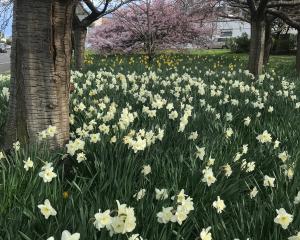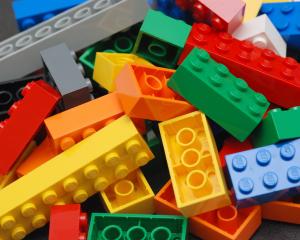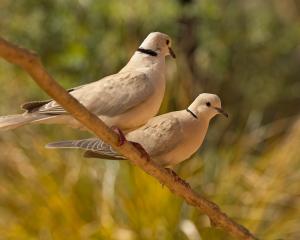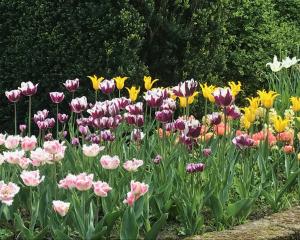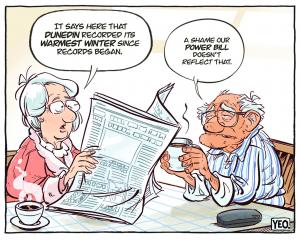From Monday, we’re into Plastic Free July, an initiative begun in Western Australia, that now embraces some 60 countries.
Over the past five years, it is estimated that the movement has reduced plastic use by 1.4billionkg.
Aimed primarily at domestic users, Plastic Free July is also supported by businesses that are reducing and recycling packaging. For example, supermarkets are offering soft-plastic recycling, while Mitre 10 stores nationwide gather clean ID5 plastic plant and seedling pots and labels.
The company explains: "Most councils don’t accept garden pots in kerbside recycling due to dirt contamination, so we are closing the loop to keep plastic plant and seedling pots out of landfill."
Washing the pots is important because the machines used for recycling the plastic cannot process dirt. Soil contaminates the plastic, which disrupts the entire cycle.
The programme is designed to help residential customers recycle their pots, not to deal with commercial volumes of plastic.
And if you see a pot you can use in the recycling crates, Mitre 10 says you are welcome to help yourself to any you fancy.
Starting with recycling pots (keep and reuse unmarked ones), gardeners can use July to think of ways to use less plastic.
For labels, buy or make wooden ones, or cut up old wooden and metal venetian blinds.
Buy terracotta, ceramic or fibre pots. One I was given for Christmas looks like grey felt but is actually made of recycled plastic bottles, while its saucer is made of recycled bamboo fibre.
Go back to pre-plastic days and use string to tie back plants.
If you need a new watering can, buy a metal one. True, they cost much more (from about $40) than plastic but last longer and don’t blow around the garden in the gales we’ve experienced recently.
Giving away plants? Wrap them in damp newspaper the way our grandparents did, an example followed by at least one online plant company.
Go back to leather for gardening gloves, which are the best for heavier work, such as pruning. Lighter weight, bamboo fibre gloves are good for finer jobs.
If choosing latex gloves, check the label, as not all latex products are made from natural rubber.
Buying new gardening tools? Be like King Charles III and opt for wooden handles instead of plastic. Metal is good, too.
Use glass bottles for worm wee and other liquids. Label everything clearly.
If you don’t think what you do is too small to make a difference, consider this: if each New Zealander used just one less plastic item a week, that would mean 266million fewer bits of plastic a year to be disposed of, much of it in landfills or polluting the world’s oceans.
We can make things better, starting on Monday with Plastic Free July.
